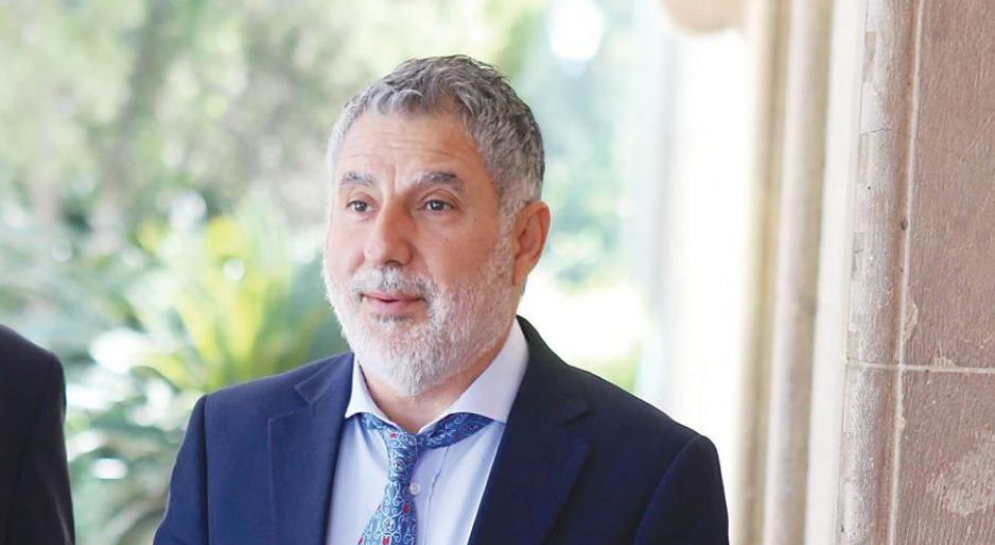AKEL ON PRIVATISATIONS
Statement by Georgios Loucaides, AKEL C.C. Spokesperson
We welcome the change in tactics by the government which has decided to back the long-standing position of the governing Democratic Rally party DISY in favour of privatisations, ending the well-known rhetoric over the recent months that saw it hiding behind the Troika or the distortion of the initial agreement for the Memorandum.
Now that the government is revealing its real philosophy, giving space to democratic dialogue instead of its well-known aphorisms, we call on it to answer the following questions to the Cypriot people:
– Isn’t the promotion of privatisations yet another going back on a pre-election pledge made by the government, indeed in written form?
– Will the consumers pay or not pay a much higher price for the services that they will receive from the now private monopolies or oligopolies that have emerged, given that their only goal is the maximisation of profit?
– How can the distortion of the market be averted when Cypriot people are experiencing corresponding phenomena for decades, such as for example the level of banking interest rates, of petrol prices and in a number of other sectors of the economy?
– Won’t the state lose hundreds of millions of Euros annually through privatisations, loses which represent social wealth, to the benefit of local and foreign private interests?
– Consequently, do the ruling governing powers as advocates of privatisations expect that private capital will act in the future as the Semi-governmental organisations have always operated by supporting the state in particularly difficult times, such as the one we are currently going through, not only in drawing funds, but also with hundreds of millions of Euros in the form of debt?
– Is the on-going effort to demonize and denigrate the Semi-governmental organisations in the eyes of the people with references to the squandering of public wealth, corruption and ineffectiveness merely a smokescreen in order to hide the surrender of public wealth and property to the pure, uncontaminated and holy private interests?
Without underestimating the need to further modernise the semi-governmental organisations, we once again pose the following question: Is it really the semi-governmental organisations with their profits and the huge support they provide to the state that have destroyed us or is in fact the private banks with their scandals, crimes and enormous losses that have been shifted on the backs of the Cypriot people?




